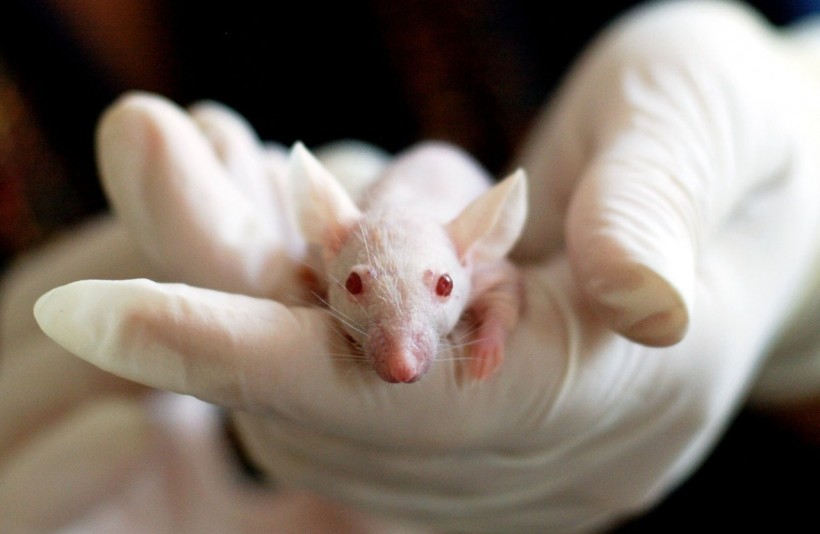A novel therapy aims to utilize immunity gained via tetanus vaccinations during childhood to make a person's immune system naturally attack hard-to-treat pancreatic cancer in a new study.
Currently, most patients diagnosed with pancreatic cancer only survive for months. This is mostly due to cancer spreading before any clinical symptoms arise and the lack of effective cancer treatments. Other forms of cancer can be treated via immunotherapies that boost the patient's natural cancer-fighting abilities. However, these often don't work for pancreatic cancer due to the lack of mutations that allow the bodies' immune system to detect it easily. It worsens pancreatic tumors tend to be enveloped by cells that suppress a person's immune activity.
Designing Novel Pancreatic Cancer Treatment

Pancreatic tumors have been observed to shrink in mice specimens using a creative novel strategy that allows the immune system to locate and eradicate cancer cells drastically. The same approach can also be used to treat other infamously difficult diseases in people.
Together with her colleagues, Claudia Gravekamp from the Albert Einstein College of Medicine, New York wanter to make it easier for a person's immune system to locate and destroy pancreatic cancer cells. To do this, the team developed a novel approach that utilizes listeria bacteria, known to be naturally attracted to tumors, to selectively deliver inactivated forms of tetanus toxins to pancreatic cancer tumors, reports NewScientist.
Since most of us are already vaccinated against tetanus as children, our immune systems can detect it during our lifetime. This means pancreatic cancer cells loaded with tetanus should be visible to the immune system and are therefore vulnerable to the immune system's attack.
ALSO READ: 'Everywhere Chemical': How Phthalate Exposure Potentially Increase Risk of Childhood Cancer
Tetanus Loaded Tumors the Bane to Pancreatic Cancer
Researchers gave tetanus vaccines to young mice specimens that were specially engineered to develop pancreatic cancer as they age to test the treatment. When the mice developed advanced pancreatic cancer, listeria bacteria containing tetanus were injected into the mice's abdomen.
In the study published in the journal Science Translational Medicine, titled "Listeria delivers tetanus toxoid protein to pancreatic tumors and induces cancer cell death in mice," the bacteria successfully delivered tetanus to the tumor, making them visible to the mice's immune systems. Immune cells are known as T-cells, then begin to attack the tumors. Likewise, the attack was amplified after dosing the mice with a drug known as gemcitabine which stopped some of the cells surrounding the tumor from suppressing the body's immune response.
The treatment combination was observed to reduce the size of the original pancreatic tumor and others that have spread to various parts of the body by roughly 80%. Also, it improved the average survival time of the engineered mice by 40% compared with the untreated control group.
Gravekamp, together with her colleagues, is now organizing clinical trials to test if weakened listeria bacteria can be safely injected into people. If so, the team hopes to test the tetanus-loaded listeria in people diagnosed with pancreatic cancer.
RELATED ARTICLE: Bloating in Women Could Be Symptom of Ovarian Cancer
Check out more news and information on Cancer in Science Times.




![Earth's Quasi-Moon Kamo‘oalewa Could Originate From Lunar Surface Not Asteroid Belt [Study]](https://1721181113.rsc.cdn77.org/data/thumbs/full/53275/89/56/50/40/earths-quasi-moon-kamo-oalewa-could-originate-from-lunar-surface-not-asteroid-belt-study.png)









